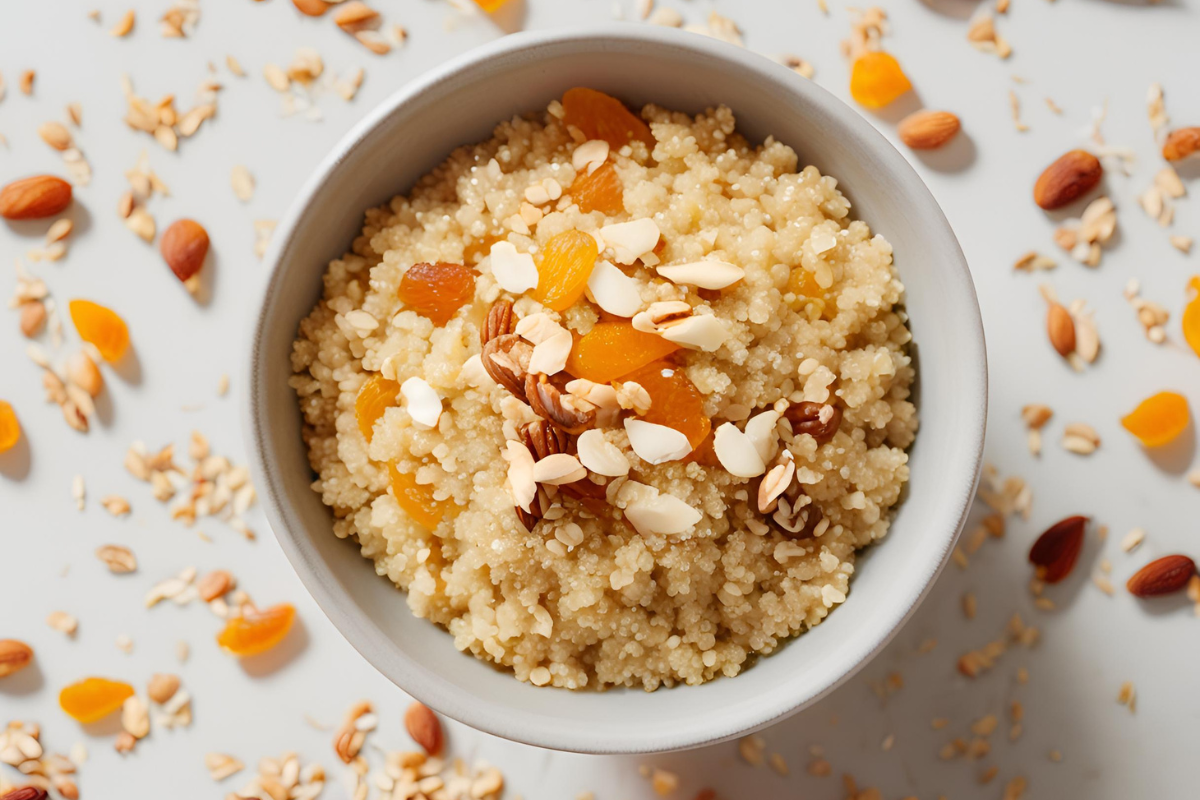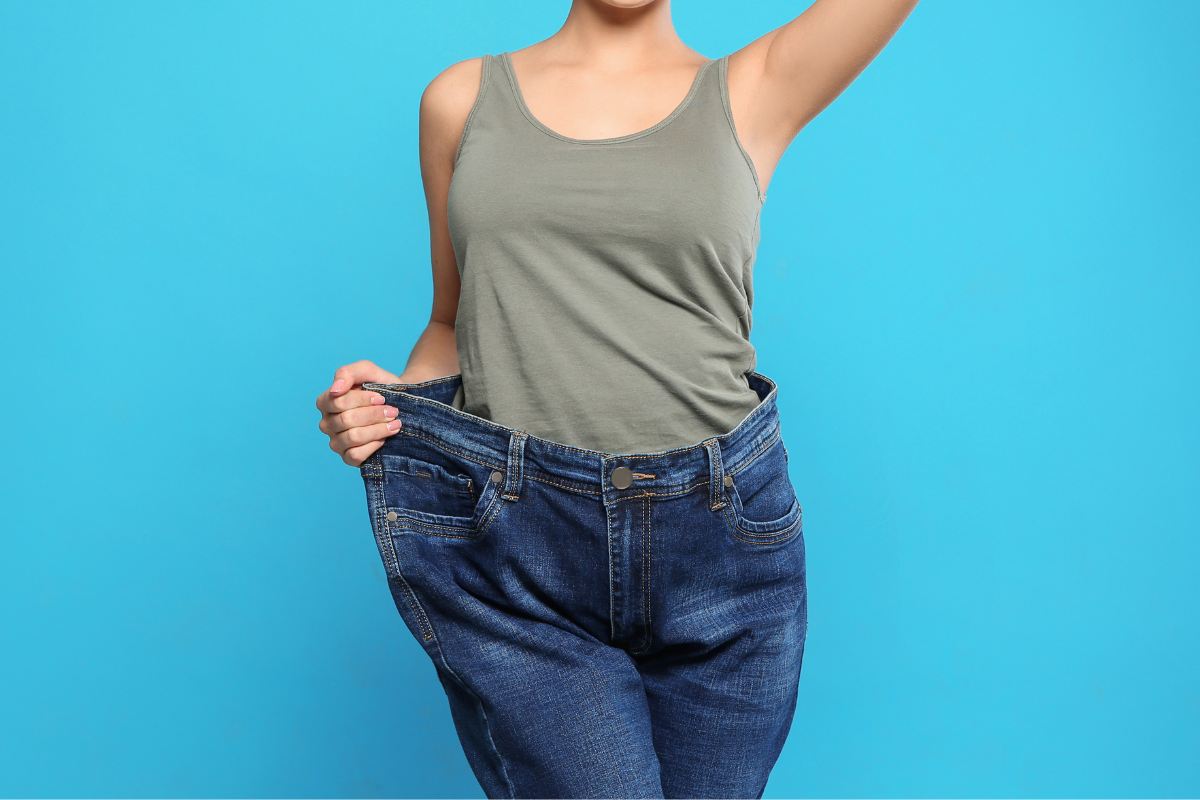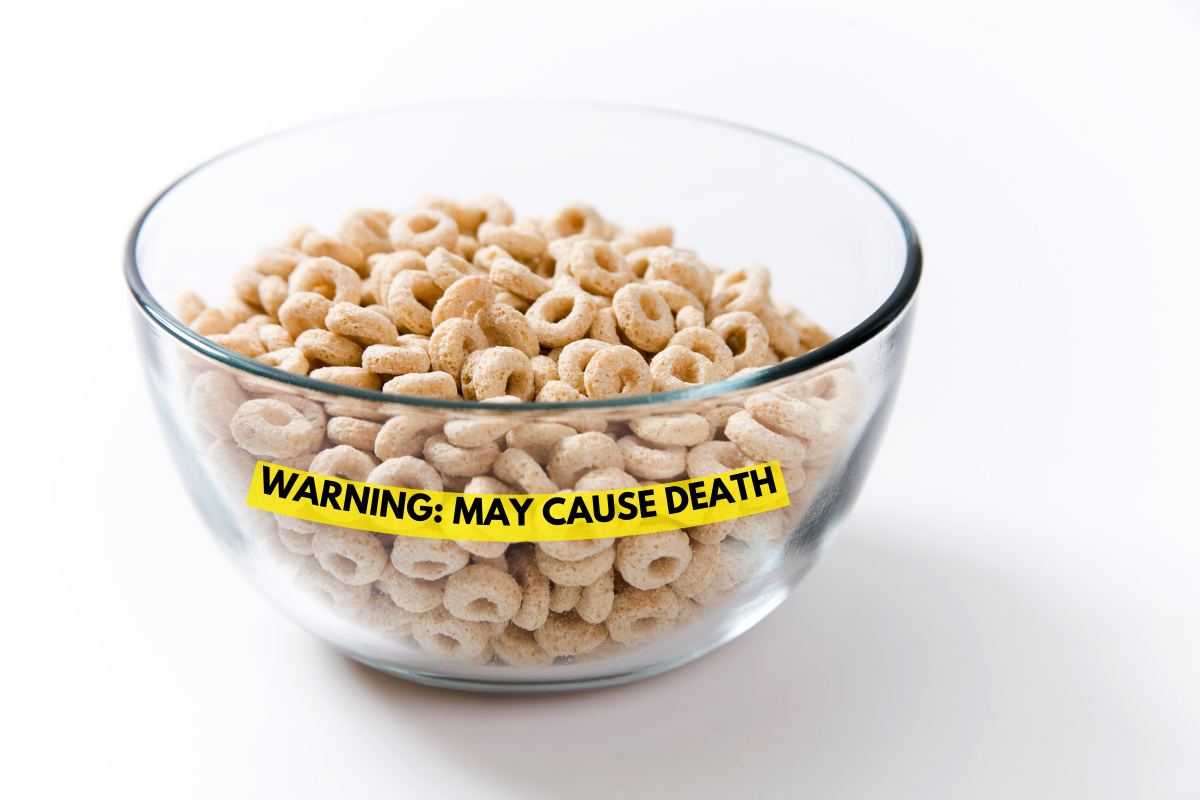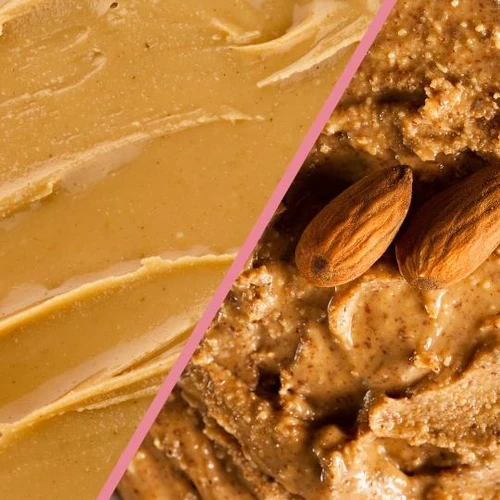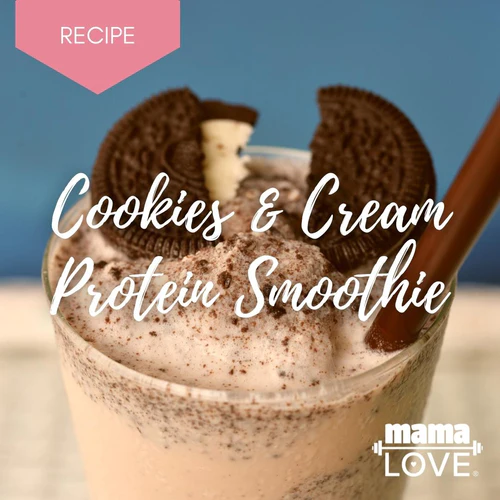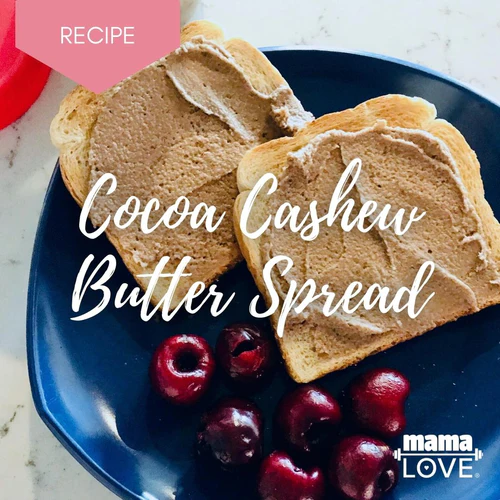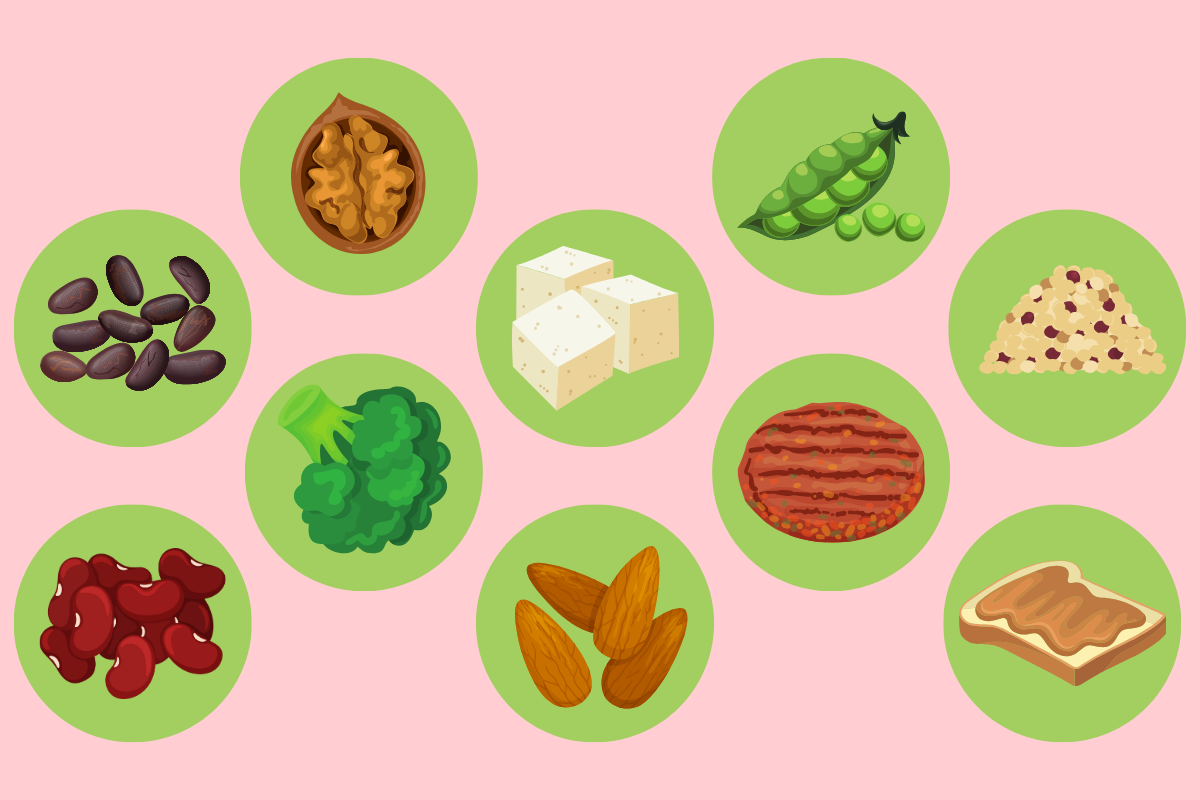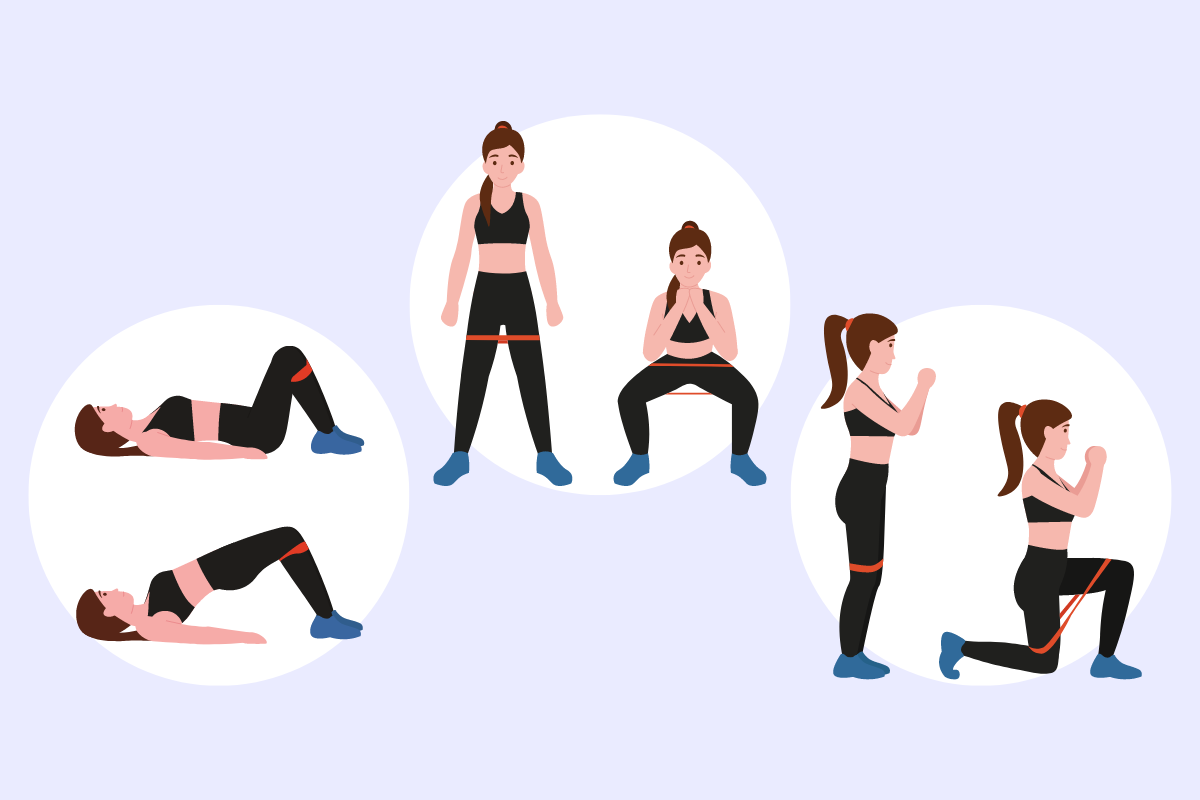
Protein builds muscles, and peas are a potent plant-based source. (Say that five times, fast!) But powerful protein is only one of the awesome benefits peas bring to the table. They also happen to be loaded with soluble fiber, which contributes to a stronger, more efficient cardiovascular system and a healthy digestive tract (1). Add in the breastfeeding benefits of plant-based pea protein and you’ve got one small-but-mighty veggie.
Pea Protein Builds & Repairs Muscles
It’s hard to convince the Paleo set that plants are a good source of protein, and many claim peas aren’t a complete protein, but that’s bogus. Peas have all nine of the essential amino acids found in other protein sources (2), including branched-chain amino acids (BCAAs), the building blocks of healthy muscle tissue. And science confirms pea protein is just as effective as dairy-derived whey protein. In one study, researchers gave pea protein or whey to two different groups of weightlifters, and a third group didn’t get a supplement. Muscle growth and strength were monitored in all three groups over a 12-week period. The pea protein group logged more muscle gains than the group that didn’t get anything, and those gains were equal to the whey group (3). Which means plant-based athletes can get just as ripped as their meat-eating friends.
Another study that tracked exercisers who consumed either pea protein or whey protein and completed high-intensity training workouts for 8 weeks came to the same conclusion: pea protein is equal to whey protein for muscle performance, strength, and growth (4).
Want to pit pea protein against whey one more time for good measure? If you flip the script and look at weight loss rather than muscle gain, pea protein beats out whey! In a study looking at overweight individuals, the group that used a pea protein supplement were more satiated and reported feeling less hungry between meals, compared to a group of similar people who were given whey protein (5).
Pea Protein Supports Breast Milk Production
To make milk for your baby, your body needs around 18 to 25 grams of protein per day (6)—that’s in addition to your regular daily needs. Depending on your age and how active you are, you need anywhere from 0.4 to 0.7 grams of protein per pound of body weight (7)—so if you weigh 150 pounds, and you’re breastfeeding, and you’re doing killer workouts your baseline aim could be anywhere from 78 to 130 grams per day. Reaching a big protein target is more doable when you spread it out over several meals and snacks. That’s where mild-flavored pea protein really shines—it’s so easy to mix into a smoothie, so you can hit your protein goal.
Another cool thing about peas: they’re low on the allergen list. Because protein molecules from mom’s meals can pass through breast milk directly to baby, some sources, like dairy, eggs, and peanuts, can be risky for families with a history of food allergies (1, 8), but pea protein is generally safe for everyone.
Sources:
- Krefting, J. The Appeal of Pea Protein. J of Renal Nutr. 2017; 27 (5):31-33. doi: 10.1053/j.jrn.2017.06.009
- Julson, E. (2018) Pea Protein Powder: Nutrition, Benefits and Side Effects.
- Babault N, Païzis C, Deley G, et al. Pea proteins oral supplementation promotes muscle thickness gains during resistance training: a double-blind, randomized, Placebo-controlled clinical trial vs. Whey protein. J Int Soc Sports Nutr. 2015;12(1):3. Published 2015 Jan 21. doi:10.1186/s12970-014-0064-5
- Banaszek A, Townsend JR, Bender D, Vantrease WC, Marshall AC, Johnson KD. The Effects of Whey vs. Pea Protein on Physical Adaptations Following 8-Weeks of High-Intensity Functional Training (HIFT): A Pilot Study. Sports (Basel). 2019;7(1):12. Published 2019 Jan 4. doi: 10.3390/sports7010012
- Diepvens, K et al. “Different proteins and biopeptides differently affect satiety and anorexigenic/orexigenic hormones in healthy humans.” International journal of obesity (2005) vol. 32,3 (2008): 510-8. doi:10.1038/sj.ijo.0803758
- Kominiarek MA, Rajan P. Nutrition Recommendations in Pregnancy and Lactation. Med Clin North Am. 2016;100(6):1199-1215. doi: 10.1016/j.mcna.2016.06.004
- Morris, T. (2016) The Power of Protein: How Much Should You Really Be Eating?
- Bonyata, K. (2018) How does a mother’s diet affect her milk?

